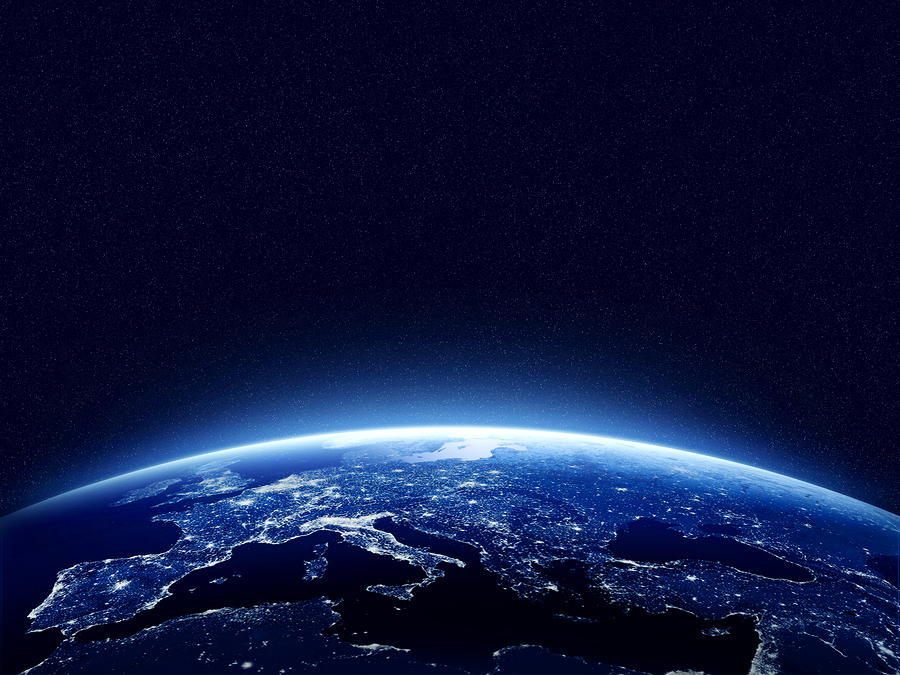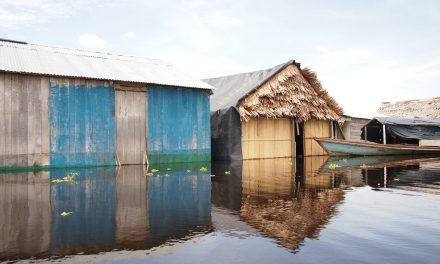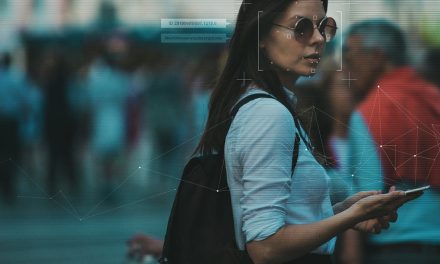Did you know, if you look up into the evening sky, there’s a good chance you won’t be able to see what your grandmother saw when she was a little girl? That’s because the earth is encased in an artificial haze of light which is blocking the night sky. Scientists call this “light pollution” and according to a new study, recently published in the journal of Science Advances, this pollution keeps up to one-third of humanity from viewing the Milky Way (80% of Americans and 60% of Europeans).
“An international team of scientists created a world atlas of artificial sky luminance that details how light pollution is permeating our planet. This light is obscuring our vision of the stars, celestial events and the Milky Way — the galaxy that contains our solar system.Although there are a few patches of pristine dark sky still left in the world, 83% of the world’s population and more than 99% of the U.S. and European populations live under the bright glow of light pollution.”
- Artificial lights can negatively affect wildlife: streetlights near shorelines can cause baby turtles who have just hatched to become disoriented and wander inland instead of into the ocean, causing them to die because of dehydration or exposure to predators.
- Artificial light also has a direct effect on human physiology and behavior. A 2007 medical study found that it can alter our circadian rhythm and affect production of some of our hormones. It can also disrupt our sleep cycle by suppressing the creation of melatonin and increasing cortisol levels (a hormone linked to stress).
If you’ve not visited a dark park, you should. It is amazing:
But we can help. Researchers suggest we keep the artificial light from overtaking our night skies by using minimum light for tasks, shutting lights off when areas are not being used and limit the use of “blue” lights which can affect circadian rhythms and even vision.
Source: CNN












